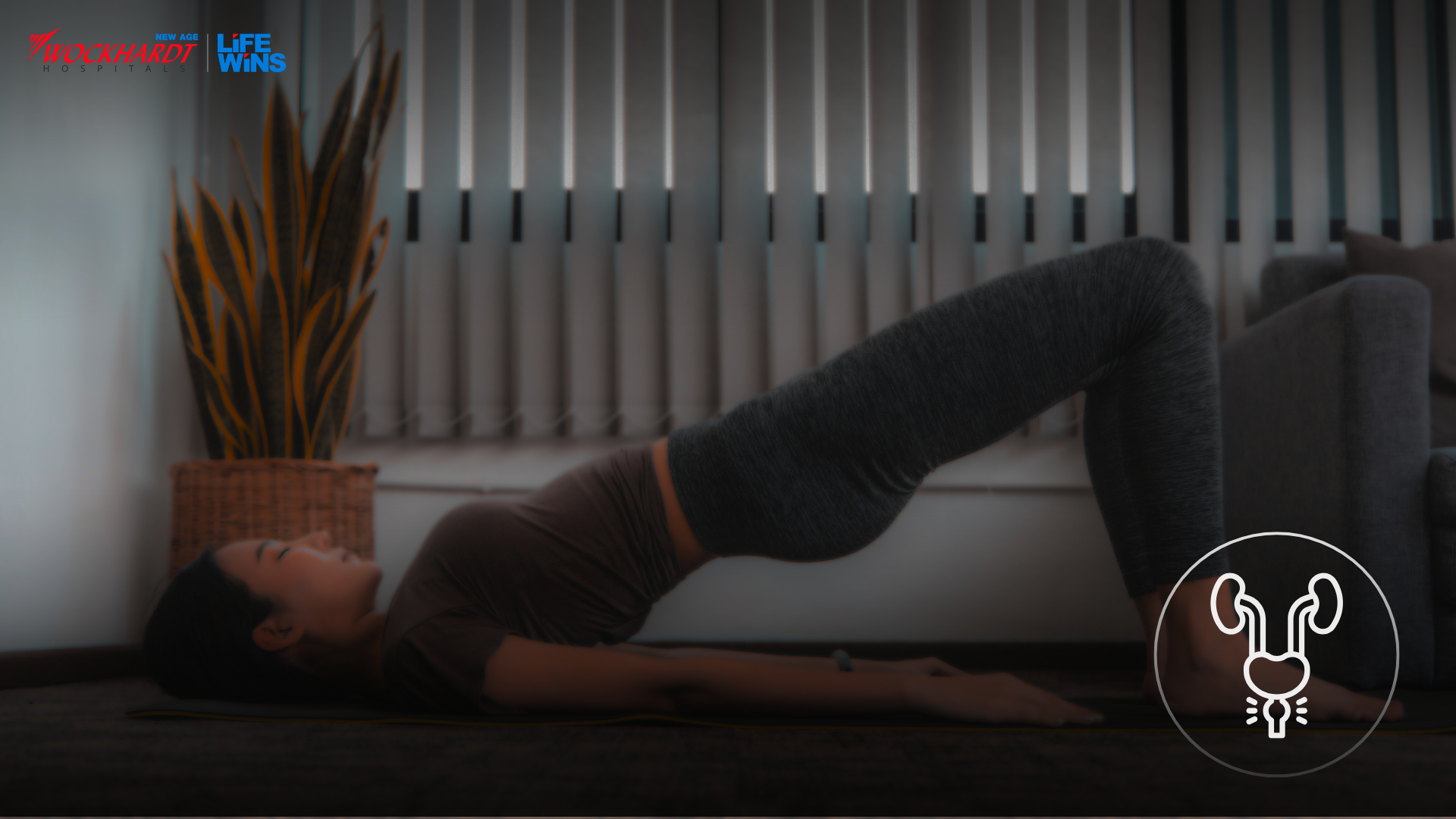Coronavirus has been linked to severe neurological complications like brain fog, encephalitis, and even meningitis. Now, it is also causing temporary facial paralysis or Bell’s palsy in patients, doctors say.
“Since last year, there is a drastic increase in the number of Bell’s palsy cases coming to the physiotherapy department, particularly patients with a history of covid-19 infection. In the last few months, around 3-4 post-Covid patients, both young and old, are appearing with this problem on a daily basis. Before Covid, we used to see such cases appearing very rarely, 1-2 cases in a month. Even asymptomatic patients who have recovered from Covid can suffer from Bell’s palsy,” said Dr. Vinith Karanth.
According to experts, earlier, many Covid patients, after getting discharged, reported neurological complications like Guillain Barre Syndrome, dementia, meningitis, encephalitis, and even mucormycosis, a rare fungal infection. Now, Covid is also being associated with Bell’s palsy or facial palsy, a facial nerve disorder.
What is the Condition All About?
As per Dr. Karanth, Bell’s palsy is the sudden weakness in the muscles on one-half of the face due to facial nerve inflammation owing to the viral infection. “The facial nerve controls the action of facial muscles, and in Bell’s palsy, it stops sending signals to the muscles which lead to paralysis/weakness on a temporary basis and can affect either side. This can be due to impaired immunity commonly seen in patients post-covid,” he said.
Symptoms
Dr. Pavan Pai, neurologist, Wockhardt Hospital, Mira Road noted how complication strikes as the “peripheral portion of the facial nerve get affected”. “One has facial droop, sensitivity to loud noise, and cannot close his/her eye on the affected side. Bell’s palsy is a temporary paralysis that is triggered due to the inflammation in facial nerves,” he described.
Bell’s palsy, which can crop up “even after 1-2 months of recovery from Covid”, includes symptoms like weakness on one side of the face, drooping of the mouth, facial pain, loss of taste, difficulty with speech, difficulty in eating and chewing food, eyes cannot close completely and one can suffer from eye infections because of that, explained Dr. Karanth.
Treatment
There are two types of paralysis — upper motor neuron paralysis related to the brain and spinal cord, and lower motor neuron paralysis which is linked to the peripheral nerves.
“Bell’s palsy is the lower motor type of paralysis. So, if one feels any weakness they should visit a neurologist who will help with the correct diagnosis and a treatment plan with medicines and physiotherapy,” mentioned Dr. Karanth.
Along with the medical management of steroids and antivirals, physiotherapy management which includes stimulation of the facial nerve with therapeutic currents and facial exercises helps in “faster recovery”. “Facial nerve stimulation helps to restore the muscle tone of the flabby facial muscles. Early diagnosis and timely intervention are essential to managing this condition promptly,” said Dr. Karanth.
Doctors warn against delayed treatment. “Even those Covid patients who are asymptomatic can suffer from this condition. So, be careful, and stay healthy,” said Dr. Rajratan Sadawarte.


















